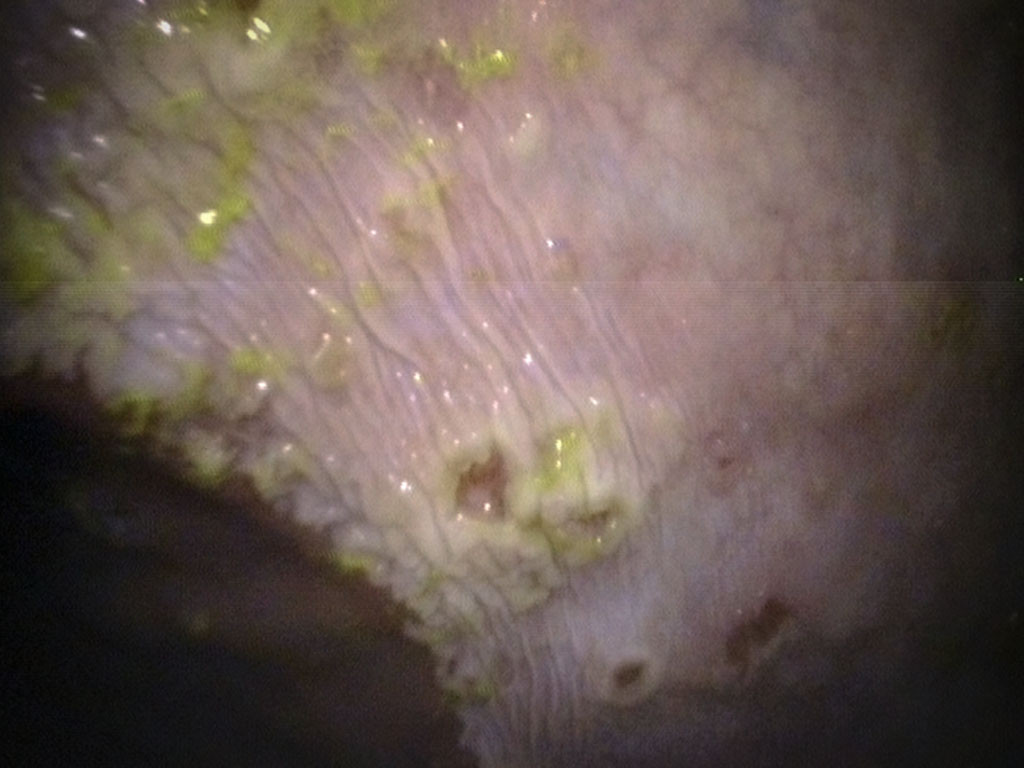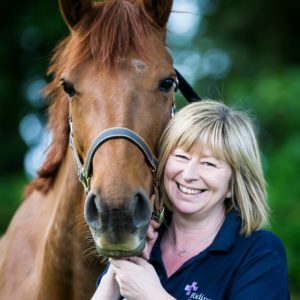Gastric ulcers are more common then you may think. Many people assume gastric ulcers must be restricted to affecting only elite performance horses but this is far from the truth.
What are gastric ulcers?
Equine gastric ulcer syndrome is a relatively common condition which affects a horse’s stomach lining. They occur due to a breakdown in the stomachs natural ability to protect itself from acid, which is constantly excreted as part of normal digestion.
What are the signs of gastric ulcers?
There are a wide range of clinical signs which can be suggestive of gastric ulceration and these signs can vary from horse to horse. Some will show a combination of signs, some may show none at all. Common clinical signs include:
- Poor appetite
- Weight loss or poor weight gain
- Mild recurrent colic
- Poor performance
- Change in temperament
- Resenting tacking or girthing up
What can cause gastric ulcers?
Diet: Horses have evolved as trickle feeders. In the wild they graze constantly. When they chew saliva is produced and this saliva plays a vital role in buffering the acid which is constantly excreted by the digestive system. Modern management often means horses and ponies can go periods of time without food and therefore there is no saliva to buffer the acid in the stomach- high acid levels lead to ulceration and erosion of the stomach lining. Feeding high volumes of concentrates can further increase the acidity of the stomach.
Stress: We all know a “stressy” horse but even seemingly relaxed horses can become stressed at certain times. Transportation, management changes, illness or hospitalisation are examples of stress factors which can increase the risk of gastric ulceration.
Exercise: The upper part of the horse’s stomach cannot protect itself from acid exposure as well as the bottom half and during exercise acid can splash up and contact the sensitive upper part of the stomach causing ulceration.
How is it diagnosed and treated?
The only reliable way to diagnose gastric ulcers is by passing a long flexible camera called an gastroscope into the horses stomach. This allows us to examine the horse’s stomach lining for areas of reddening, thickening or erosions which are diagnostic for equine gastric ulcer syndrome. The procedure is simple, relatively quick and is performed under standing sedation. To ensure the horses stomach is empty and allow us to visualise it fully food must be withheld the night before. We have a portable gastroscope unit allow us to perform the procedure on your yard or in our clinic. Results are view live on a large screen.
When gastric ulcers are diagnosed we will recommend a treatment course to get your horse back to full health. Omeprazole is the only licensed and proven treatment for gastric ulceration in the UK. This can be given in an oral or injectable form. Ulcers which affected the lower part of the stomach may benefit from an additional medication called Sucralfate which helps provide a protective coating to aid healing. Response to treatment can be monitored by repeating the gastroscopy after a period of time on the appropriate medication.
How can I prevent gastric ulcers?
The following are some easy and key preventative measures to reduce your horses risk of gastric ulcers:
- Provide a constant supple of roughage to allow trickle feeding. Providing multiple sources e.g. hay and haylage can help increase intake.
- Regular or full-time turnout at grass
- When feeding hard feed avoid concentrates and increase fibre content
- Consider feeding a veterinary grade gastric supplement to help prevent recurrence or reduce risk of developing ulcers
- Feed a handful of alfalfa or chaff prior to exercise to help stimulate saliva production and prevent acid splash
- Adding up to 200mls of oil to the diet can help protect the stomach as is a great source of calories for horses needing to gain weight. This should be introduced slowly.
- Omeprazole can be used at times of stress as a preventative measure.
If you have any questions about gastric ulcers or would like to discuss any concerns you may have about your own horse please do not hesitate to contact us.
Anna x
Written By: Jenny Staddon

